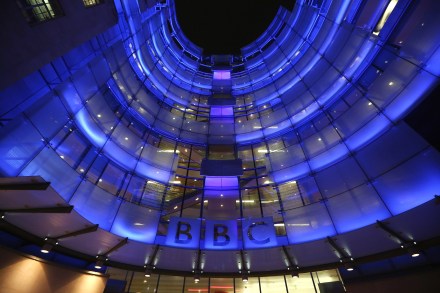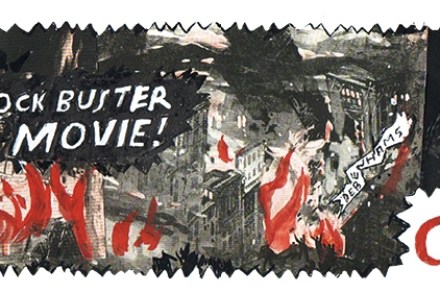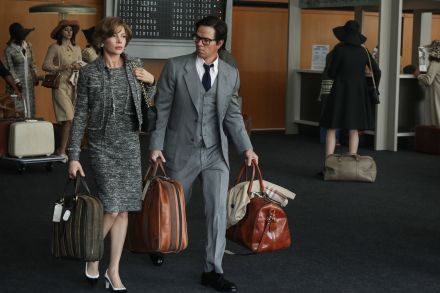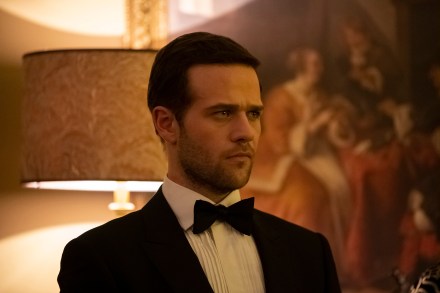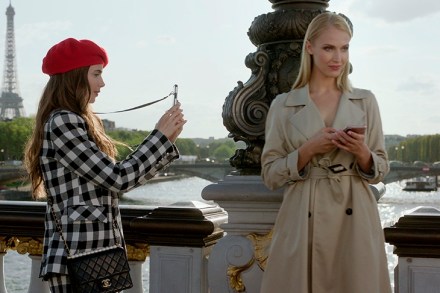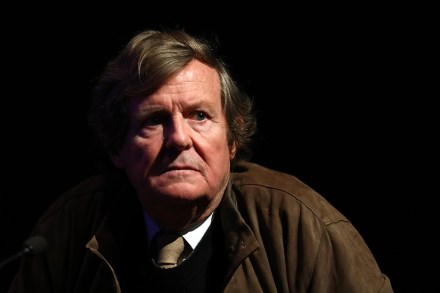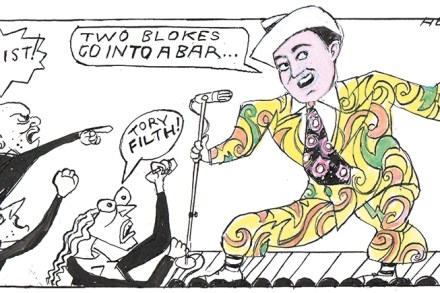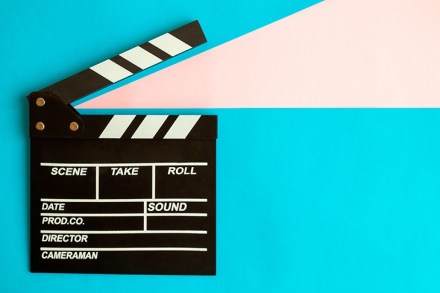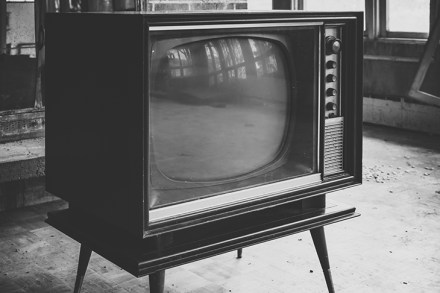The BBC’s Christmas schedule is a tawdry disappointment
Along with holly wreaths, unfeasibly large poultry and popular carols played on an endless loop, there is another ritual at this time of year; the BBC unveils its Christmas schedules — followed immediately by a chorus of sour complaint about the fare on offer. The Corporation published details of its programming at the start of December and, true to form, the Daily Mail and its readers were far from pleased: ‘Deja View’ ran the headline ‘BBC Christmas schedule in slammed by viewers’. In uncertain times it’s good to see time-hallowed traditions kept alive. The substance of the Mail’s complaint was that there were too many repeats and game shows —
